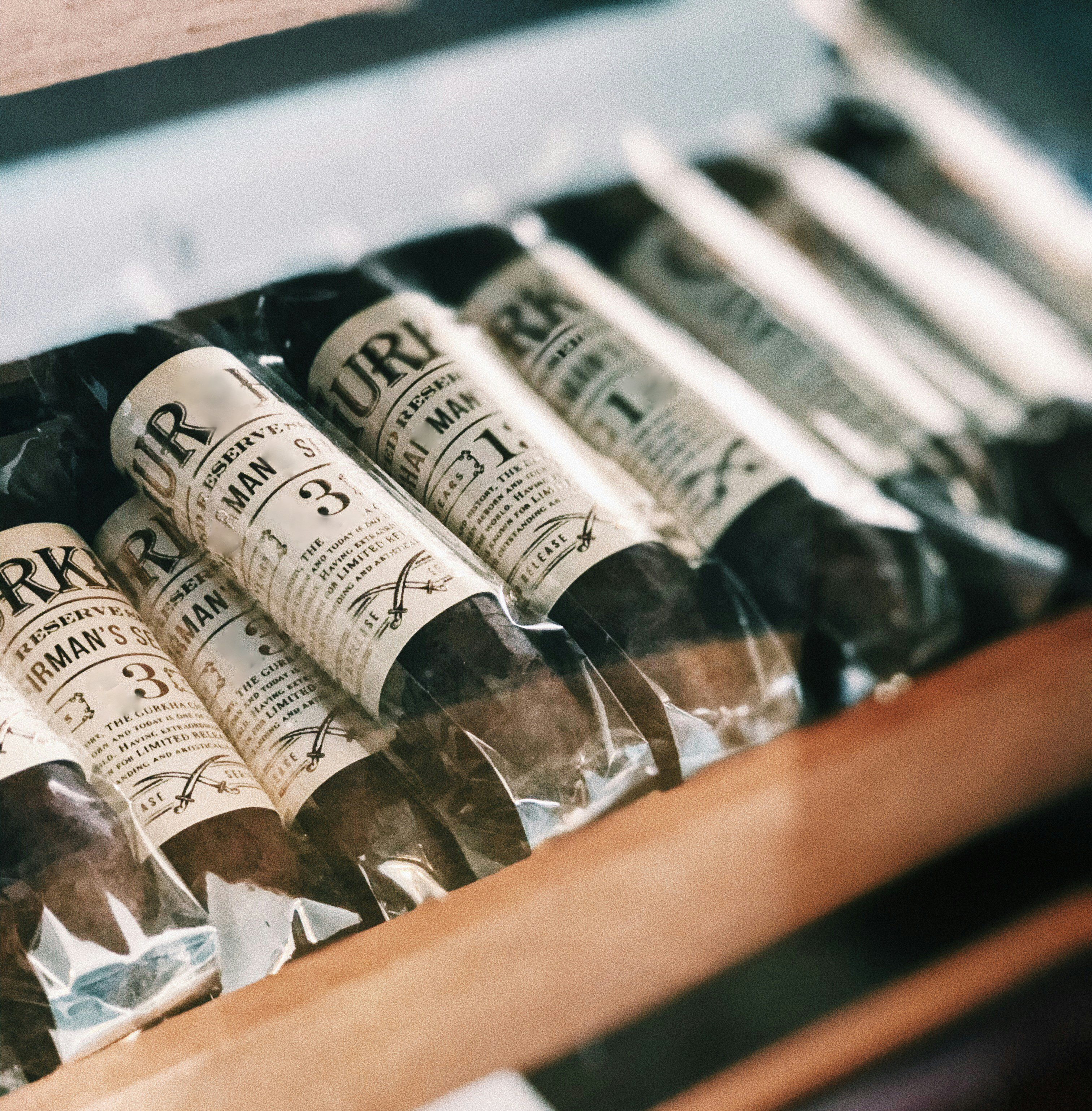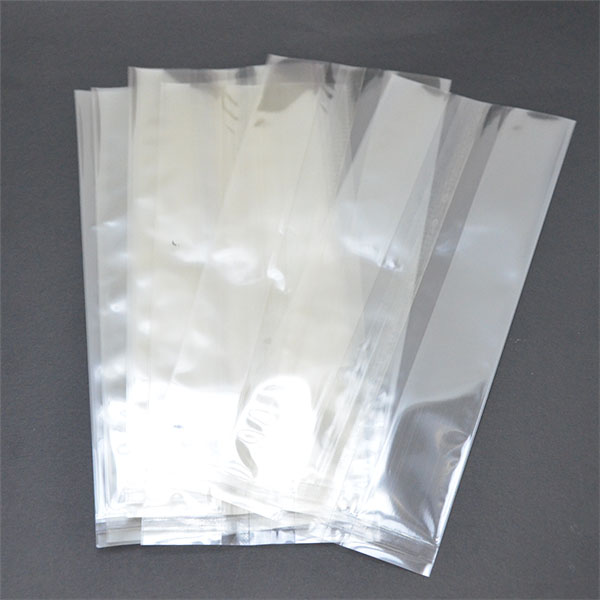When it comes to preserving delicate products like cigars, the choice of packaging material is crucial.
One of the most common questions in the industry is whether humidity can pass through cellophane, a type of biodegradable films. This question is especially important for B2B buyers who need to ensure their products remain in pristine condition during storage and transportation.
In this article, we'll explore the science behind cellophane and humidity, and how this knowledge can be applied to the specialized packaging of cigars using cellophane sleeves and wraps.
The Science of Cellophane and Humidity
Cellophane Film
is a versatile and eco-friendly packaging material that has been used for decades. Its primary component is cellulose, a natural polymer derived from wood pulp, which gives it a unique set of properties.
Cellophane is composed of about 80% cellulose, 10% triethyleneglycol, 10% water and other materials. These components work together to create a material that is both transparent and flexible, making it ideal for a wide range of packaging applications.
Humidity
Humidity, or the amount of water vapor in the air, plays a significant role in preserving products, especially those that are sensitive to moisture.
For cigars, maintaining the right humidity level is crucial to prevent mold growth or drying out. Understanding how cellophane interacts with humidity is essential for ensuring that cigars remain in optimal condition.
Cellophane's Semi-Permeable Nature
One of the key characteristics of cellophane is its semi-permeable nature. While it is not completely impermeable to moisture, it does not allow water vapor to pass through as freely as some other materials.
Cellophane is stable at room temperature and does not decompose until it reaches approximately 270℃. This suggests that, under normal conditions, cellophane can provide a reasonable barrier against humidity.
The permeability of cellophane can be influenced by several factors, including its thickness, the presence of coatings, and the surrounding environmental conditions.
Thicker cellophane films tend to be less permeable, while coatings can further enhance their moisture-resistant properties.
Research on the humidity transmission rate (HTR) of cellophane has shown that it allows for a limited exchange of moisture, which can be beneficial in certain applications.
The Role of Cellophane in Cigar Preservation
Cigars are particularly sensitive to humidity and require specific packaging to maintain their quality and flavor.
The ideal humidity level for cigar storage is around 65-70%, and any deviation from this range can lead to issues such as mold growth or drying out.
Therefore, it is essential to use packaging materials that can regulate humidity effectively.
Humidity Regulation
The semi-permeable nature of cellophane allows for a controlled exchange of moisture, preventing cigars from drying out or becoming too moist.
Protection
The bags protect cigars from physical damage, UV light, and climate fluctuations, ensuring they remain in optimal condition.
Aging
Cellophane allows cigars to age more uniformly, enhancing their flavor profile over time.
Barcode Compatibility
Universal barcodes can be easily applied to cellophane sleeves, making inventory management more efficient for retailers.
Cigar Cellophane Sleeves: A Perfect Solution
Cigar cellophane sleeves designed for cigars offer several unique features and benefits that make them an ideal choice for preserving these delicate products. These sleeves are typically made from high-quality, food-grade cellophane that is both transparent and flexible. This allows consumers to see the cigar clearly while providing protection against physical damage.
One of the key advantages of cellophane sleeves is their ability to regulate humidity. The semi-permeable nature of cellophane allows for a limited exchange of moisture, helping to maintain the optimal humidity levels inside the sleeve.This prevents the cigar from becoming too dry or too moist, preserving its flavor and texture.
Additionally, cellophane sleeves provide protection against UV light, which can degrade the quality of cigars. They are also tamper-evident, ensuring that the product remains sealed and secure until it reaches the consumer.
The Benefits of Cellophane Wraps for Cigars
Cigar cellophane wraps offer similar benefits to sleeves but are often used for individual cigars rather than bundles. These wraps are designed to provide a snug fit around each cigar, ensuring that it remains protected from external elements. Like cellophane sleeves, wraps are semi-permeable, allowing for a limited exchange of moisture to maintain the ideal humidity levels. This helps to prevent the cigar from drying out or becoming too moist, preserving its flavor and texture.
Cellophane wraps are also transparent, allowing consumers to see the cigar clearly. They are flexible and can conform to the shape of the cigar, providing a secure fit. Additionally, cellophane wraps are tamper-evident, ensuring that the product remains sealed and secure until it reaches the consumer. This added layer of protection helps to maintain the integrity of the cigar and ensures that it remains in optimal condition.
In conclusion, understanding the relationship between cellophane and humidity is essential for B2B buyers who need to ensure the optimal preservation of their products.
Cellophane's semi-permeable nature offers several advantages for packaging, particularly for products like cigars that require specific humidity levels. By choosing high-quality cellophane sleeves or wraps, B2B buyers can ensure that their cigars remain in optimal condition during storage and transportation.
Are you ready to make the switch to biodegradable cellophane cigar sleeves? Contact us today to learn more about our products. YITO is ready to provide you with the support and resources you need to get started. Together, we can build a more sustainable future for agriculture.
Related Products
Post time: May-20-2025





